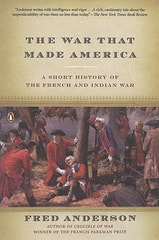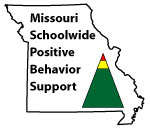
It was Winston Churchill, the renowned prime minister of England and respected leader during World War II, who described the French and Indian War (or the Seven Years War, as it is known in European circles) as "the first world war". It is truly a fascinating and curious development in the struggle for possession of the North American continent that surpasses the birth of the United States, and yet it is a part of a continual arc that shapes the timeline of our independence. It is also chock full of irony, recognized by Fred Anderson as follows:
That the man who triggered the war by trying to project British power into the heart of the continent should have gone on to lead an American revolutionary army and then to serve as the first president of the United States is surely one of the greater ironies in a national history that abounds in them.
Instead, we must see the French and Indian War as involving everyday farmers, families torn apart by duty, and an empire of native peoples fighting to maintain tradition. Those natives - the Indians - played a political game just as much as the nations to which they allied themselves.






































